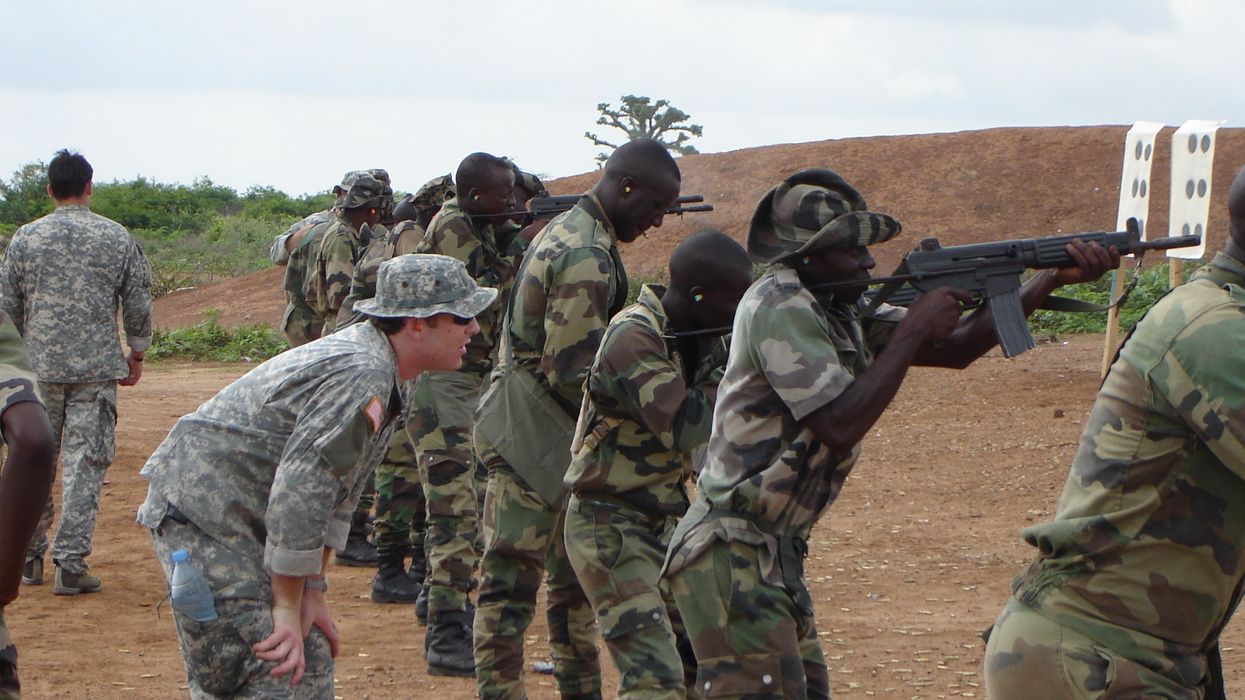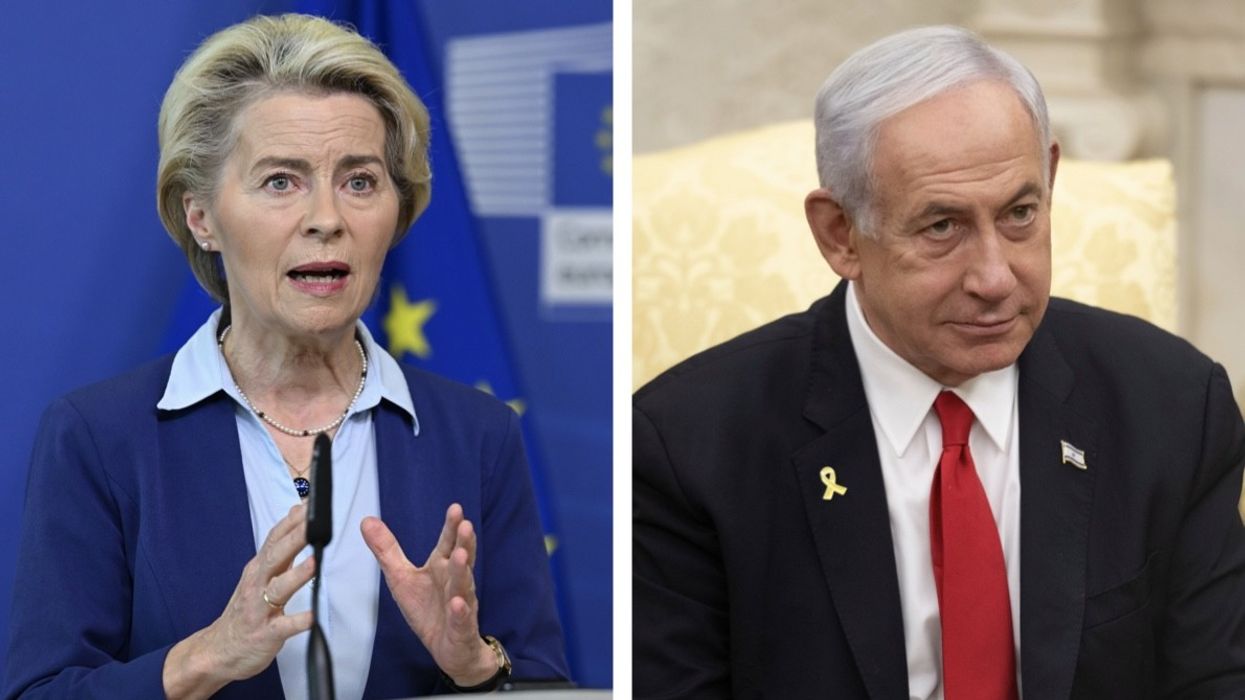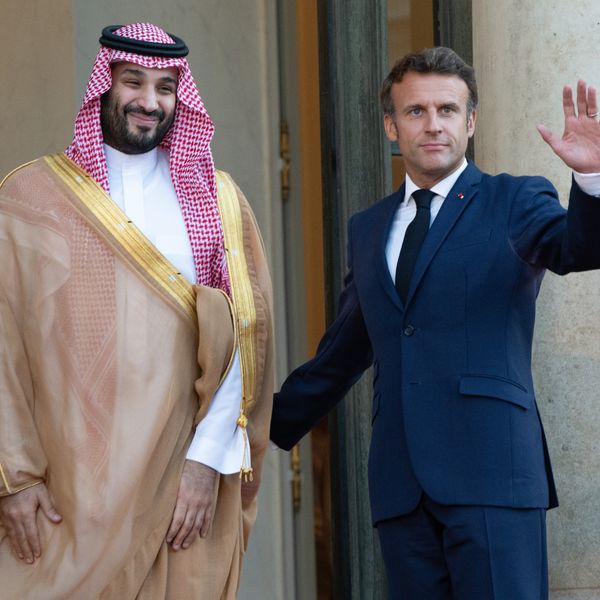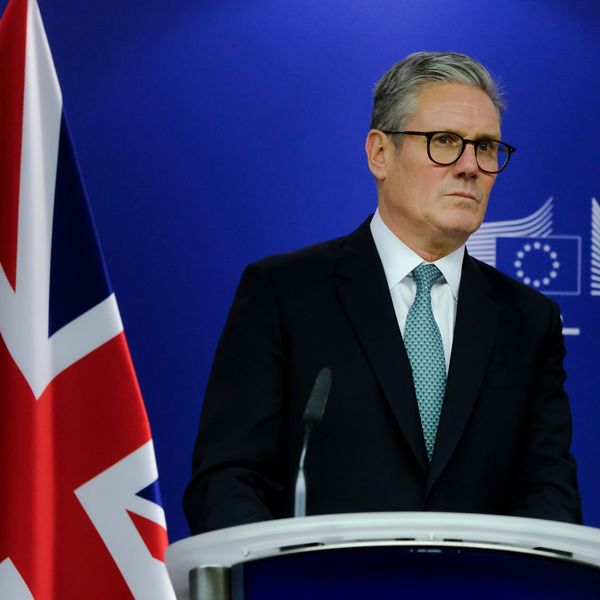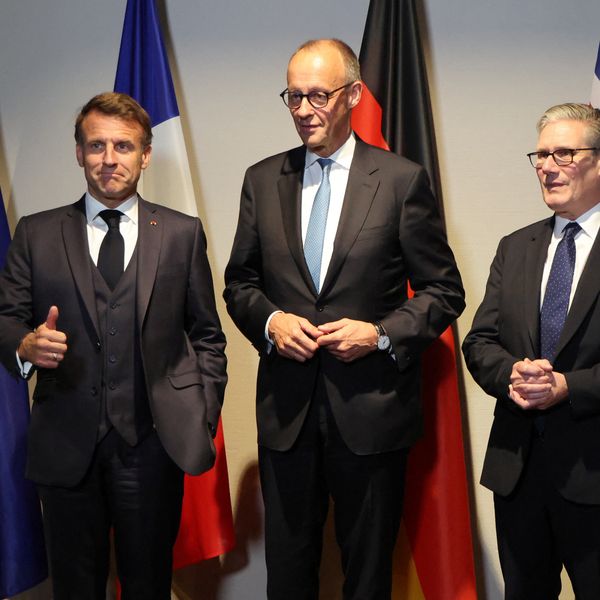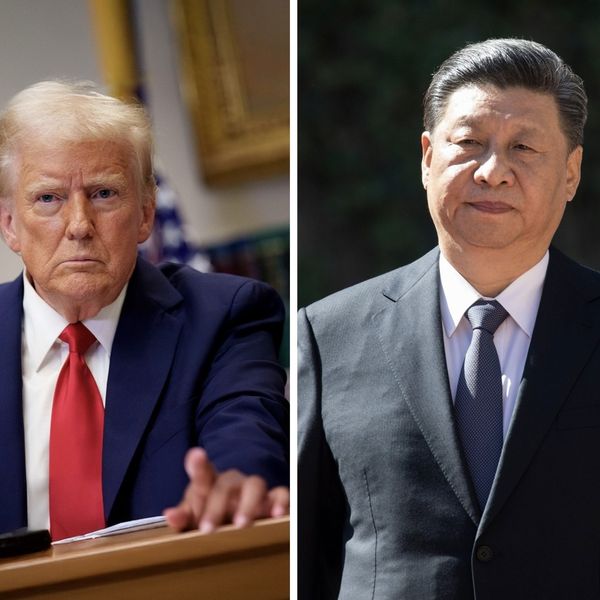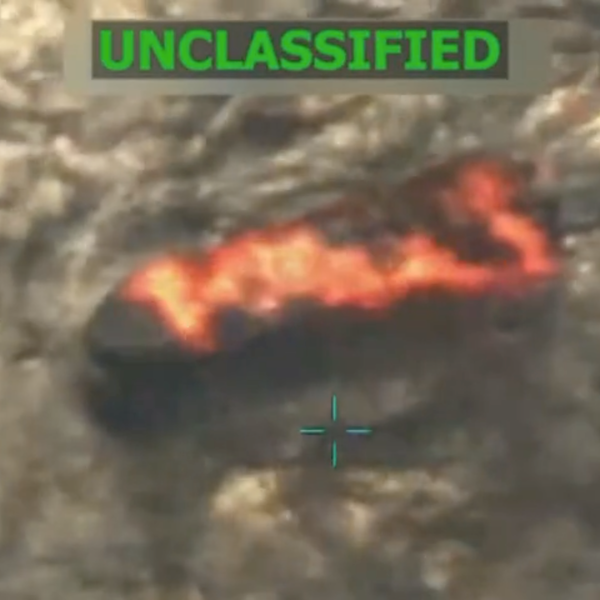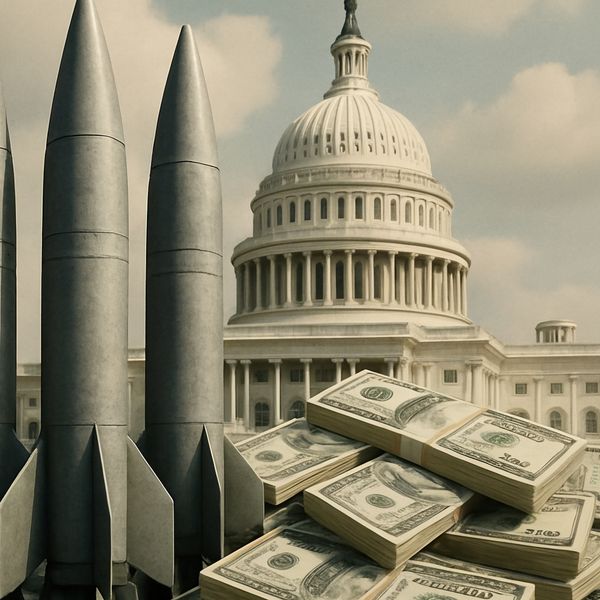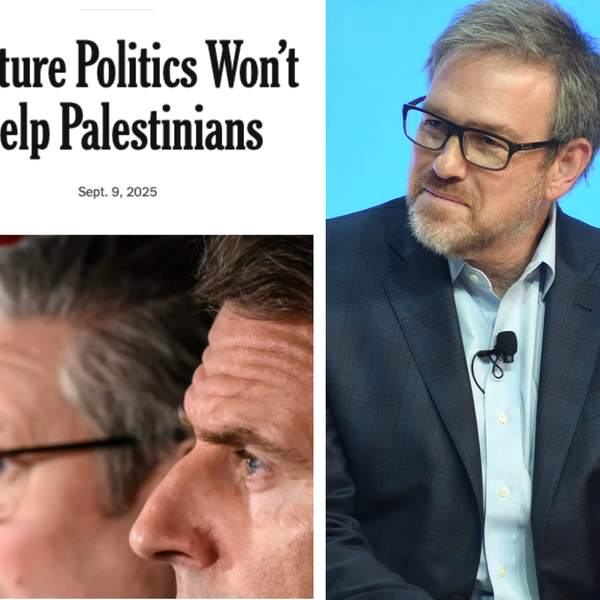Susan Glasser of the New Yorker, and Fiona Hill, late of President Trump’s National Security Council, believe that “we’re already fighting the Third World War with Russia,” though we don’t know it yet. This is folly. As Daniel Larison has remarked, if we’re fighting World War III, there’d be no doubt about it — we would probably already be dead.
America is indeed fighting a proxy war with Russia in Ukraine, as the Soviet Union fought a proxy war with the United States in Vietnam, and America fought a proxy war with the Soviet Union in Afghanistan. During the Cold War, however, both Soviet and American leaders were extremely careful to prevent such proxy wars from turning into direct war between the superpowers, bringing with it the imminent threat of mutual nuclear annihilation. They did this in part by eschewing proxy warfare on the continent of Europe, where the vital interests of the superpowers abutted each other in a way that was not true in most of Asia.
There were two occasions in which the United States came close to using nuclear weapons during the Cold War. The first was in Korea, when the U.S. Army appeared to be facing defeat on the ground and General MacArthur asked for the use of nuclear weapons against China. This was rightly refused by President Truman as the overwhelming majority of observers have concluded. The second was during the Cuban Missile Crisis, which took place close to the very shores of the U.S. mainland and was averted by intense eleventh hour diplomacy. Both affected America and Americans directly in a way that the present war in Ukraine, for all its horrors, quite obviously does not.
In this context, we should take note of the great differences between the proxy wars of the past and the present war, as seen from Moscow. In the words of Dmitri Trenin, former director of the Carnegie Russia Center, comparing the present crisis to the Cuban Missile Crisis:
“On the surface the root cause of both confrontations has been acute feelings of insecurity created by the expansion of the rival power’s political influence and military presence right to the doorstep of one’s own country: Cuba then, Ukraine now.
This similarity, however, is almost as far as it goes. The salient feature of the Ukraine crisis is the vast asymmetry not only between the relevant capabilities of Russia and the United States, but even more importantly between the stakes involved. To the Kremlin, the issue is literally existential.”
One of the reasons why such irresponsible statements as those of Glasser and Hill are being published is precisely that there are so few people left who remember what World War II was like. In Russia, the Soviet leaders after Stalin had all served or (in the case of Gorbachev) had been children during the war. In America, most U.S. presidents until George W. Bush had served, and President Eisenhower had commanded. It is easy to imagine Ike’s incredulity had anyone told him that our present situation in any way resembles the war in which he fought.
But of course, if we were to end up in a nuclear exchange with Russia, our situation would come to resemble not World War III, but something much worse. Blurring the line between proxy war and direct war is therefore not just irresponsible, but dangerous. If this belief took hold among U.S. policymakers, we could find that we had crossed that line without realizing that we had done so — until it was too late to go back.
Fortunately, the Biden administration does appear to understand the difference, and has taken a good deal of care to avoid direct clashes with Russia. The problem is that while Washington has given massive support to Ukraine, it has not established any goals or limits on how far Ukraine should go in defeating Russia.
If Ukraine wins more victories and recovers the territories that Russia has occupied since February, Putin will in my view probably be forced to resign, but Russia would likely not use nuclear weapons. If however Ukraine goes on to try to reconquer Crimea, which the overwhelming majority of Russians regard as simply Russian territory, the chances of an escalation to nuclear war become extremely high.
This points to another danger of the “World War III” language: it suggests a universal threat, and the need for, and the possibility of, absolute victory over absolute evil, as in World War II. But the war in Ukraine is nothing like that. It has become a post-colonial struggle over local ethnic borders, of which there have been so many examples (often waged by U.S. allies) since the fall of the Ottoman, British, French, and Soviet empires.
As for absolute victory, not one American war since 1945 has ended that way. All have led to draws, compromises, long civil wars, or eventual outright defeat. The search for absolute victory in Ukraine points towards either unending war, or the Russian use of absolute weapons in response.
Moreover, a central characteristic of both world wars — which is why they have been called world wars — is that every great power in the world was eventually drawn in on one side or the other in response to its own ambitions or fears. Glasser and Hill should remember that they are being read not just in Washington and Moscow, but also in Beijing.
If the Chinese government becomes convinced that America is in fact waging a war for the complete defeat of Russia and the overthrow of the Russian state, then fears for the effect on their own vital interests seem all too likely to lead them to give the kind of enormous military aid to Russia that America has been giving to Ukraine — at which point the balance of forces could swing back hard against Ukraine.
Finally, we need to consider the effect on our own political culture and public discourse if the notion that we are actually at war takes hold, for as Aeschylus remarked almost 2,500 years ago, “in war, truth is the first casualty.” Journalists and analysts who genuinely believe that their countries are at war may well also feel, if only subconsciously, that they have a positive duty to write war propaganda instead of seeking objective truth.


